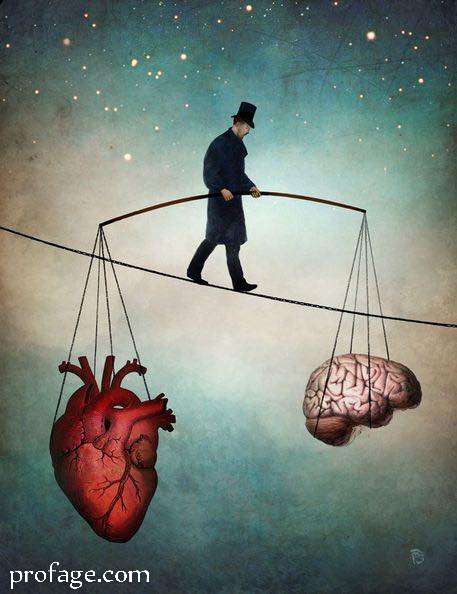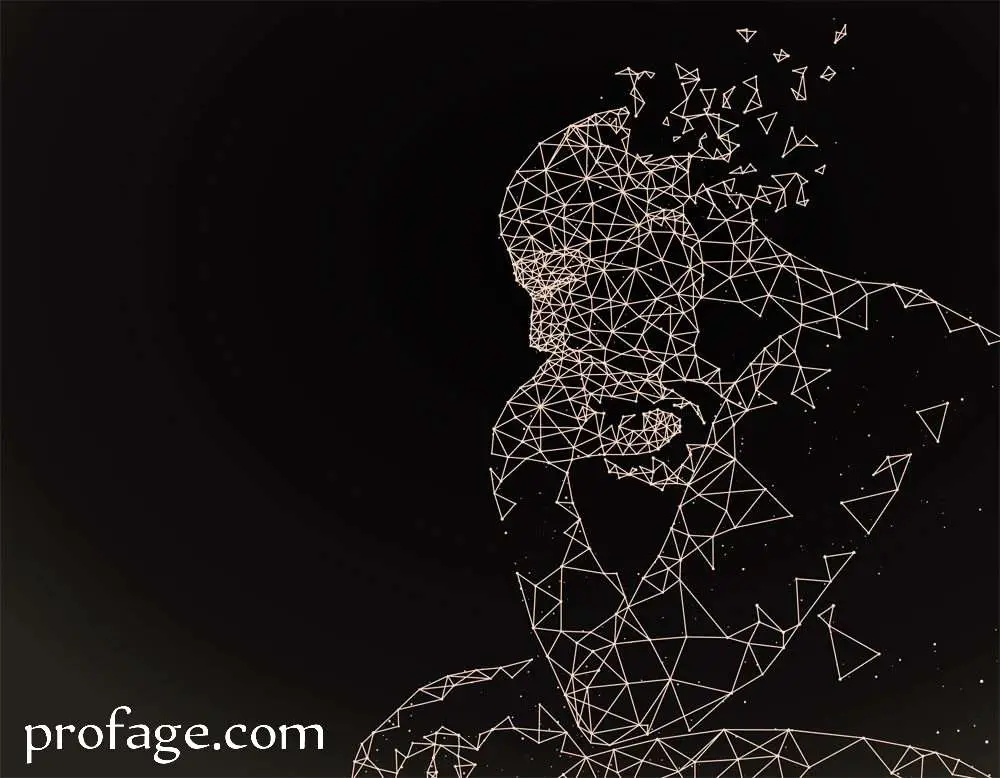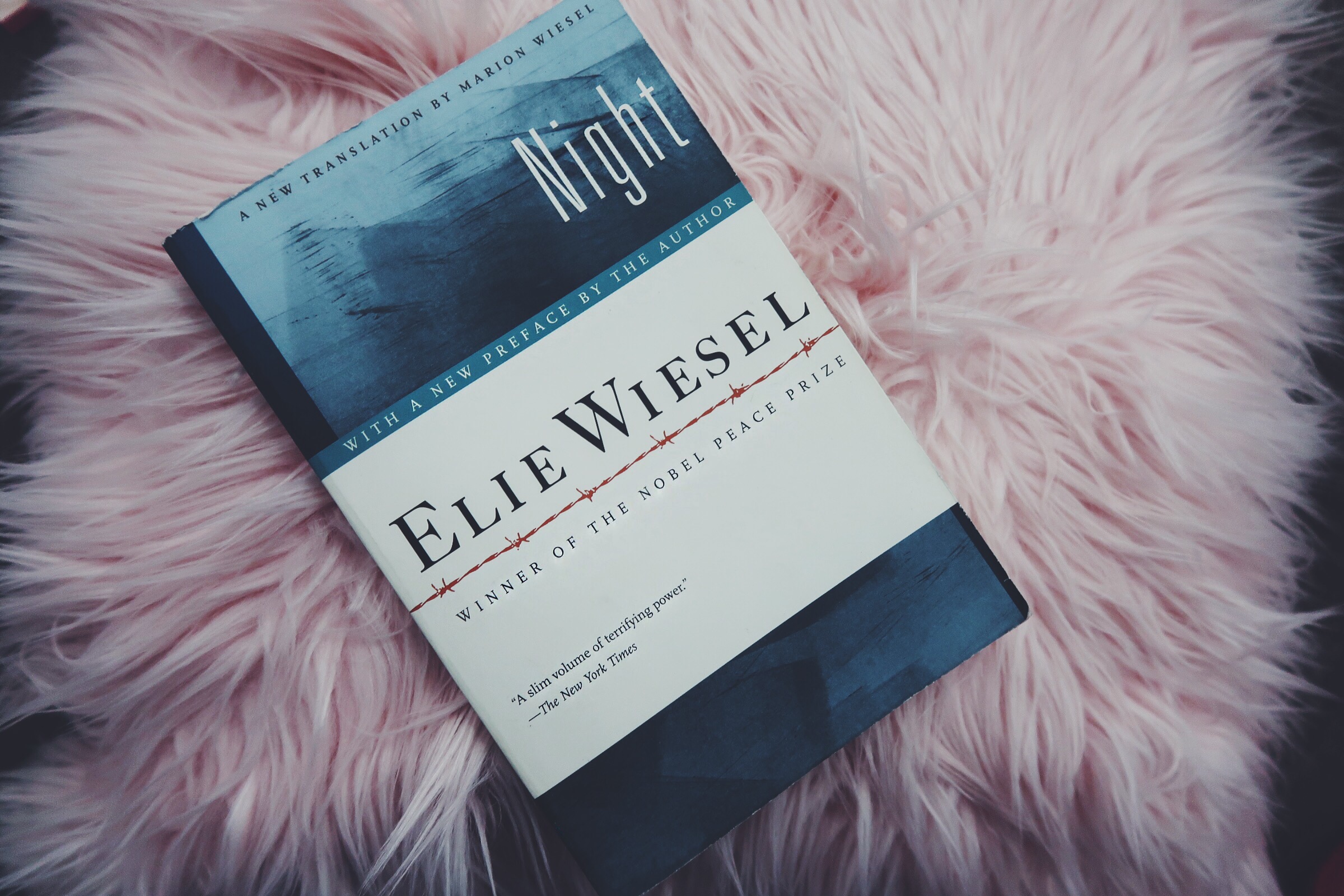Yes, to a large extent. But it could also be a No, from another vantage point. Philosophy and literature are related but quasi-distinct disciplines. Philosophy deals with fundamental questions about existence, knowledge, reality, ethics, and more, often through systematic reasoning and analysis. Literature, however, entails written or spoken artistic works that convey ideas, emotions, and experiences through storytelling, language, and artistic expression.
While both can explore similar themes, they do so using different methods. In some cases, philosophical ideas can be expressed through literature, and literature can serve as a medium for philosophical inquiry. They can certainly complement and influence each other, but they seem to remain distinct fields of study. And how is this so? First,
Similarities Between Philosophy And Literature
Philosophy and literature may be said to be the same because:

- They Explore Existential Questions:
Both fields try to explore existential questions; philosophy delves into questions of existence, purpose, and the nature of reality. Similarly, literature often grapples with these same themes through narratives and characters that challenge our perceptions and beliefs.
- Ethical Dilemmas and Moral Reflections:
They both navigate the complexities of ethics and morality. Philosophers use logic and argumentation to dissect ethical systems, while literature presents moral dilemmas through vivid storytelling, encouraging readers to contemplate the right course of action. Similarly, argumentation is not peculiar to philosophy alone, it is not uncommon to find it in literature too.
- Exploration of Reality and Illusion:
Philosophers often ponder over the nature of reality and the existence of illusions or falsehoods. It touches on the problem of appearance and reality. Literature, particularly in genres like magical realism or allegory, can challenge our perception of what is real and what is imagined.
- Depiction of Human Nature:
Philosophy seeks to understand the essence of human nature and its underlying principles. Literature, on the other hand, provides a canvas for authors to portray diverse characters and their complexities, offering insights into the intricacies of human behaviors.
This is common in both fields because they target mankind, after all.
- Language as a Tool for Expression:
Language is the fundamental medium through which both philosophy and literature convey their ideas. Philosophers craft precise arguments, while literary artists employ metaphor, symbolism, and narrative techniques to evoke emotions and convey meaning.
- Influence and Cross-Pollination:
Philosophical ideas have frequently found their way into literature, shaping narratives and character motivations. Conversely, literary works have inspired philosophical inquiry, prompting thinkers to grapple with concepts presented in fiction.
For instance, both disciplines are deeply influenced by the cultural and historical contexts in which they emerge. They reflect the concerns, values, and intellectual currents of their respective eras.
We shouldn’t be so perturbed that fields under the faculty of Arts and Humanities may converge on large terms, because in the long run, they altogether target the existence of humans. Usually, one field in this category leads to another in its scope.
Read Also: What is Music as Literature?
Differences Between Philosophy And Literature
We have seen that philosophy and literature are almost one same field, but certainly they are not. So, the reasons they are different shall be seen in this section of the article.

- Method of Inquiry
While literature uses narrative, character development, and artistic language to convey ideas, emotions, and experiences, Philosophy’s method of inquiry is based on systematic reasoning, critical thinking, and logical argumentation to explore fundamental questions about existence, knowledge, ethics, and reality. One reason philosophy is not seen as a discipline designed to entertain us.
- Academic Discipline vs. Art Form
One is more of an academic discipline while the other is more of an art form. Literature is studied as a form of artistic expression and also cultural heritage, covering a wide range of styles and genres. Some of these styles may come in the form of several movements that the art has experienced over the years. Most literarians are simply one because they crave to be heard out there.
On the other hand, philosophy is more often than not, studied and taught as an academic discipline in citadels of learning like universities, usually focusing on rigorous analysis and logical argumentation.
- Primary Medium
Philosophy and literature each has certain ways of presentation peculiar to them as primary mediums. For literature, its primary mediums include short stories, essays, poetry, and plays.
Philosophy is primarily conveyed through essays, written texts, and academic discourses.
- Primary Purpose:
Philosophy seeks to analyze, dissect, and provide reasoned arguments about abstract concepts and fundamental truths. It pursues universal truths and abstract concepts, often through rigorous logical analysis and dialectical reasoning.
Literature aims to entertain, evoke emotions, and convey experiences through storytelling and artistic expression. It explores truths through subjective experiences, emotions, and human relationships, often offering a more nuanced and contextual understanding.
- How They Engage with Reality:
Philosophy generally values clarity, coherence, and precision in language to convey abstract concepts, as it is concerned with understanding the nature of reality, existence, and knowledge in an abstract and conceptual manner.
Meanwhile, literature prioritizes aesthetic elements such as imagery, symbolism, and poetic language to evoke emotions and create a sensory experience. It explores reality through imaginative narratives, characters, and situations, often providing a more vivid and emotionally resonant portrayal.
Also, they do not turn to historical context the same way. Literature is notable for reflecting the cultural and historical context of the time in which it was written, while philosophy addresses timeless questions and concepts that remain relevant across different historical periods.
Read Also: Philosophy or Literature, which is more important?
Are philosophy and literature the same?
All things duly considered, one will not go wrong to say that philosophy and literature are the same except that they examine the problems of existence in slightly different approaches. This is evident in the fact that some texts can perfectly fit into both fields. We can take Samuel Beckett’s “Waiting for Godot”, and William Shakespeare’s “Romeo and Juliet” for typical examples.
In case you have read these books and you’re not convinced they are philosophical, I will leave you with this Franz Kafka’s quote: “Don’t try to make it logical… follow your most intense obsessions mercilessly”. Further, we learnt that philosophy could be done even through entertainment. There is no single acceptable way to philosophize.
To say also that philosophy and literature are not the same will not be illogical as we have seen in this article. To us, nevertheless, both fields are not the same, one appears to be more advanced; remember that you need literature to live life, and philosophy to lead life!
Should you like to research more on the concept of philosophy and literature, we would suggest you check out our article on Why Philosophy is Important to Literature.
Share


